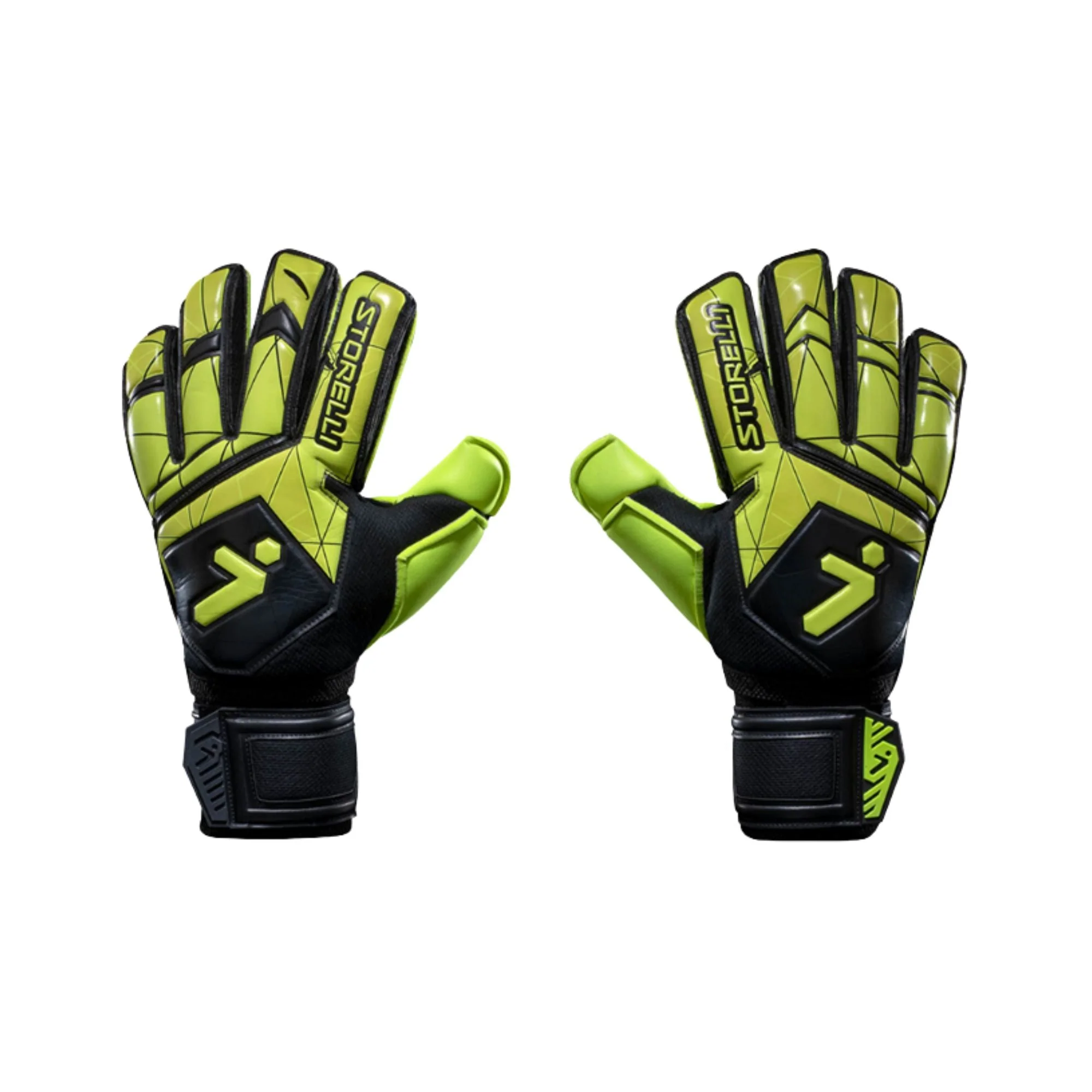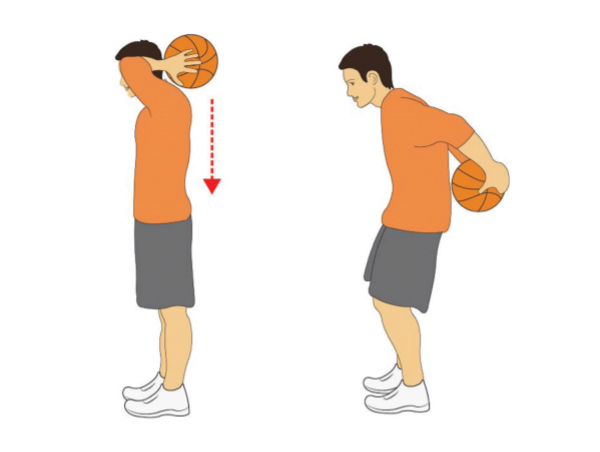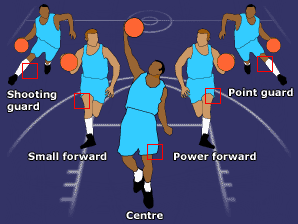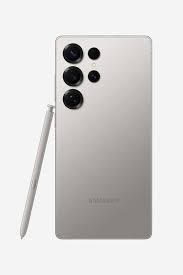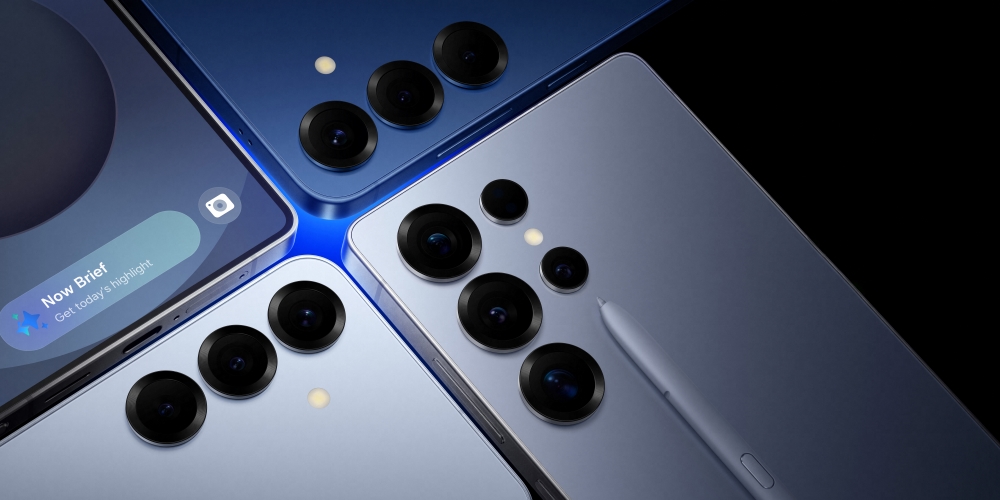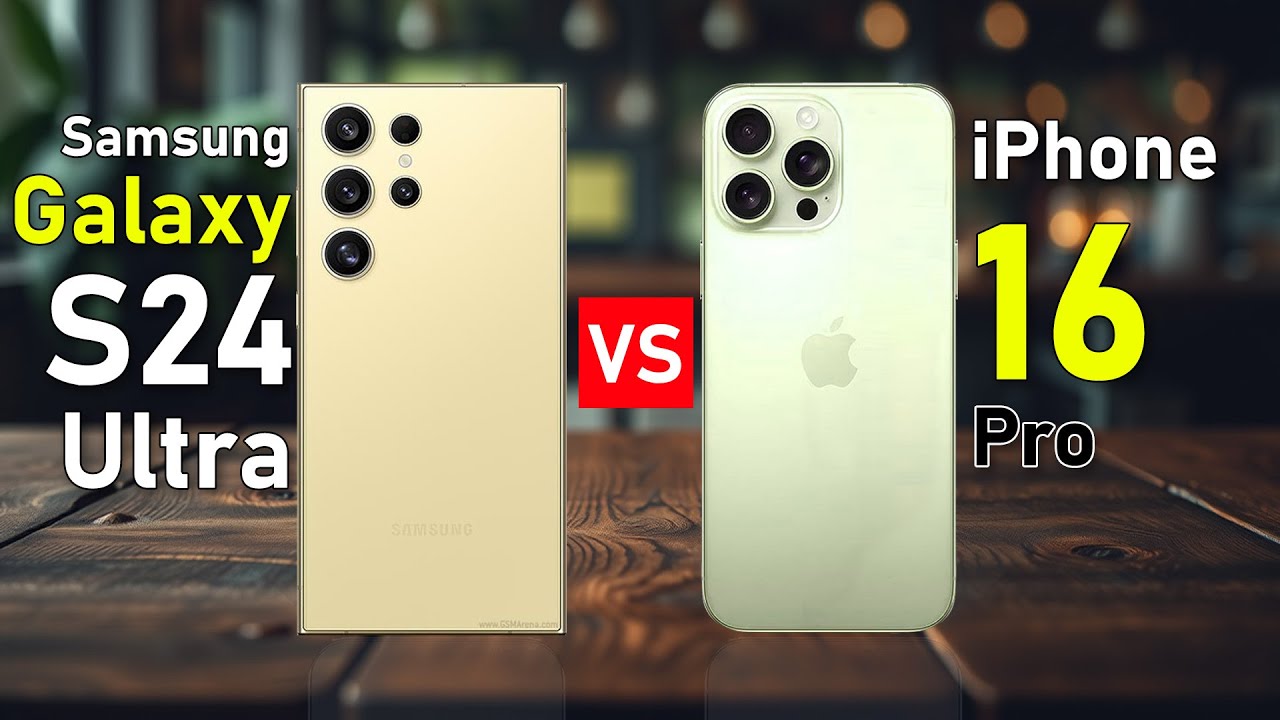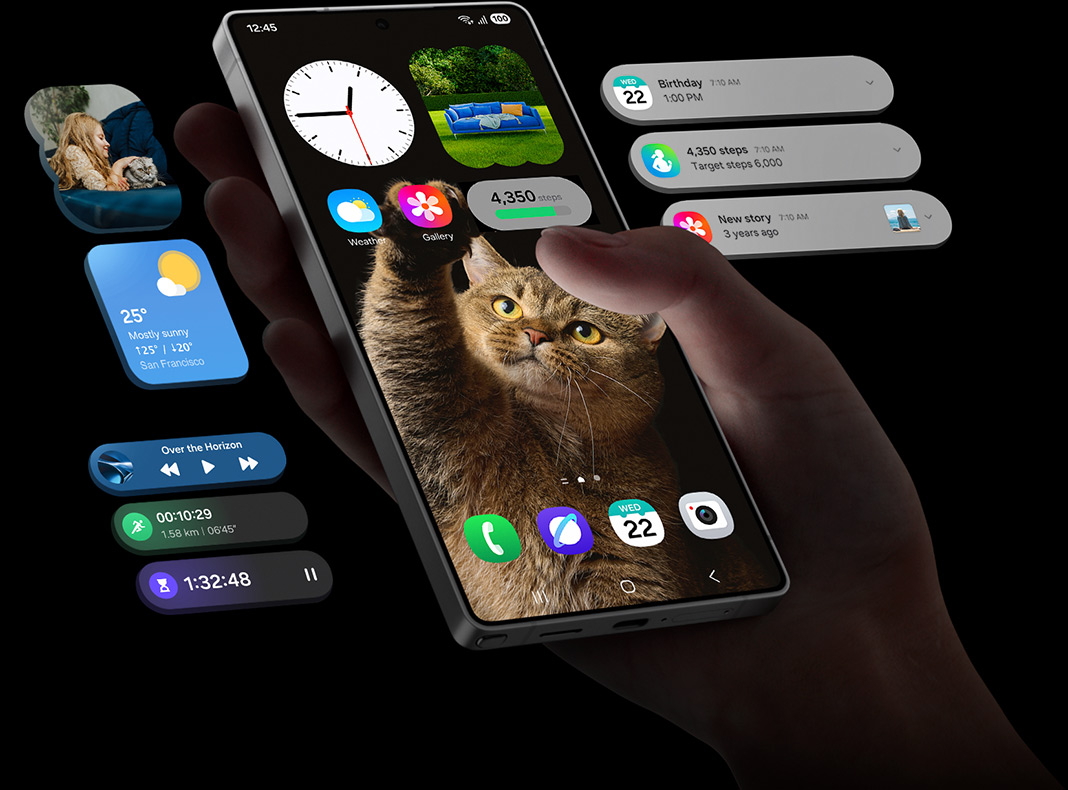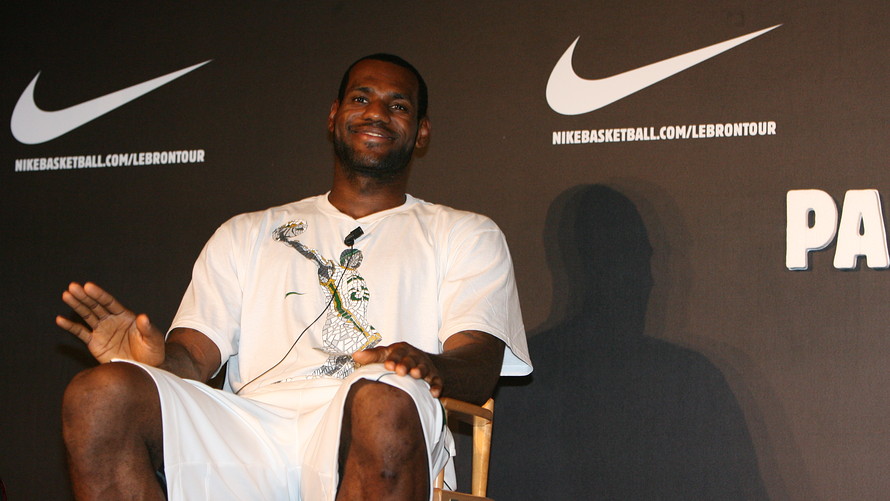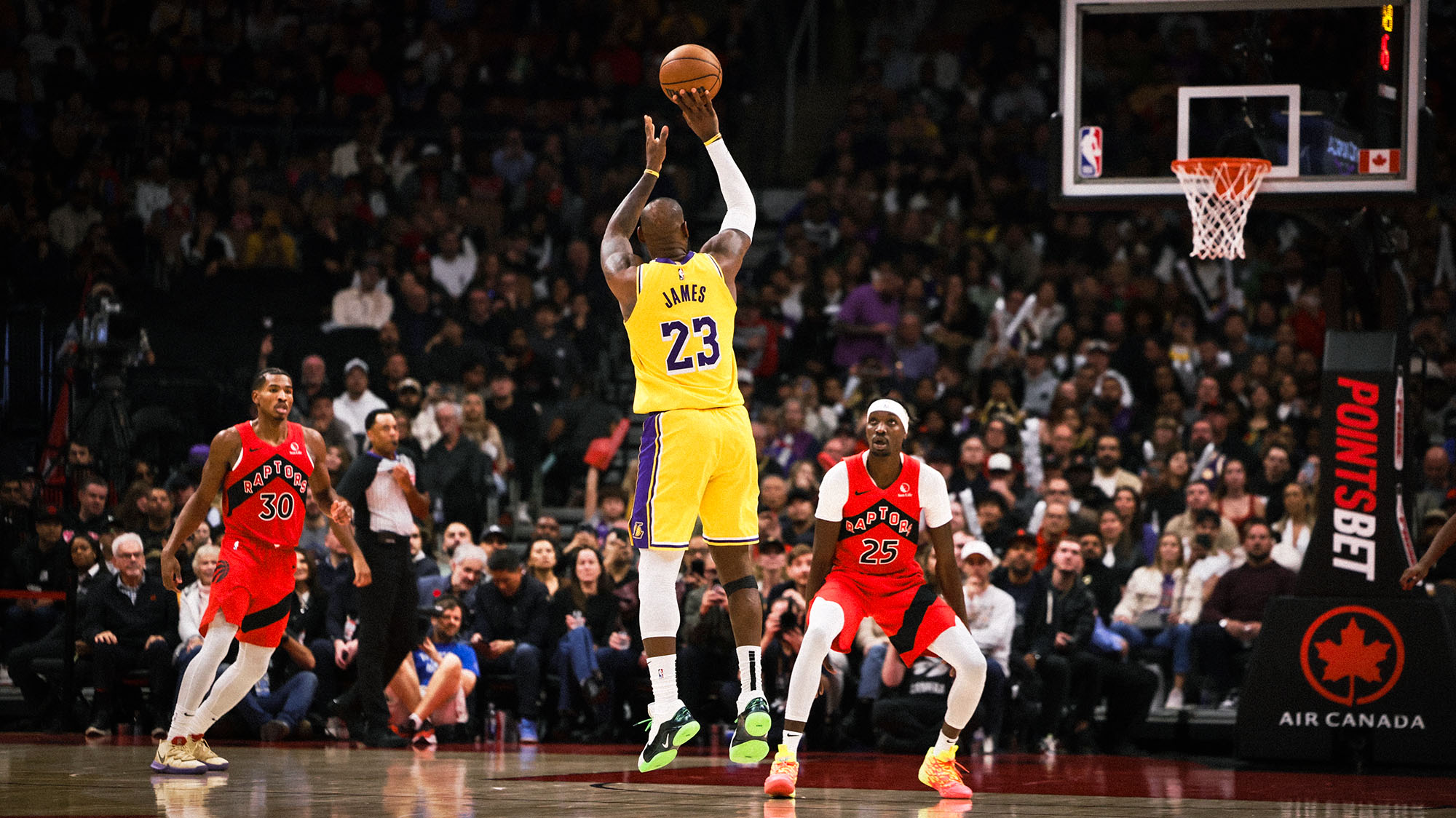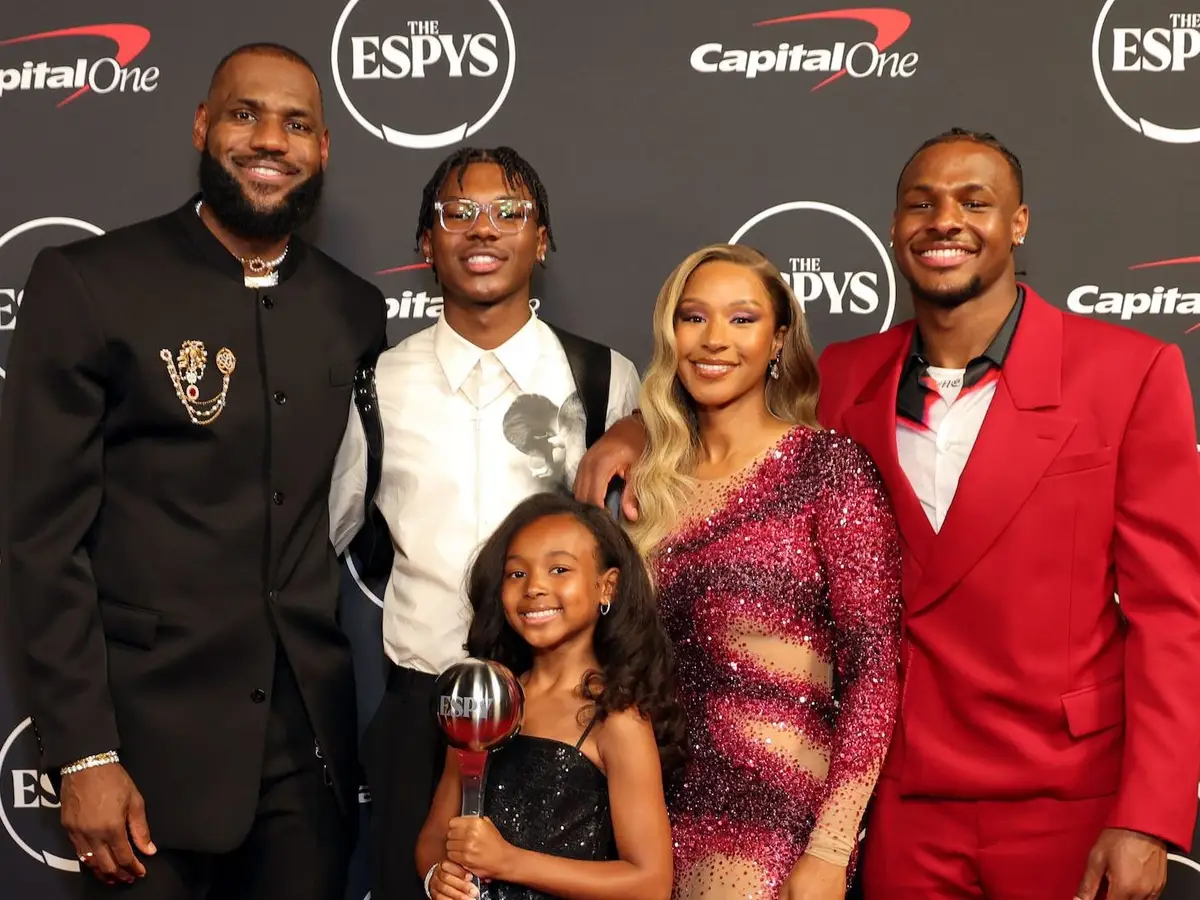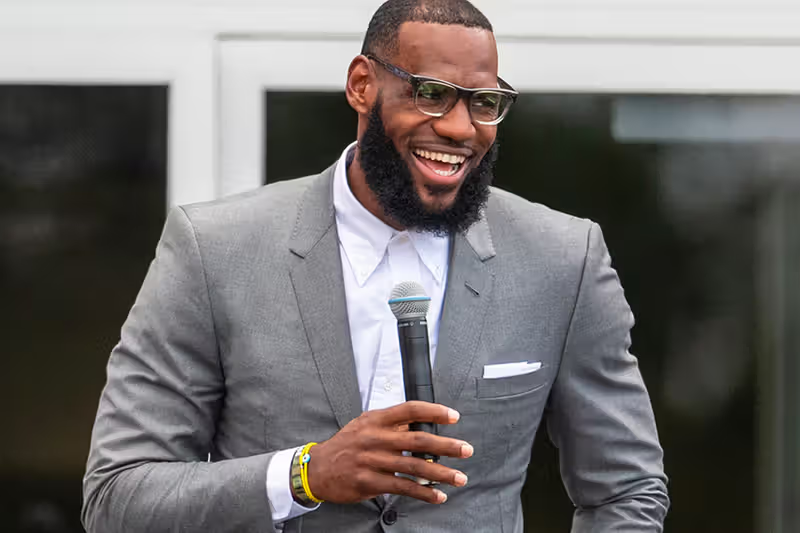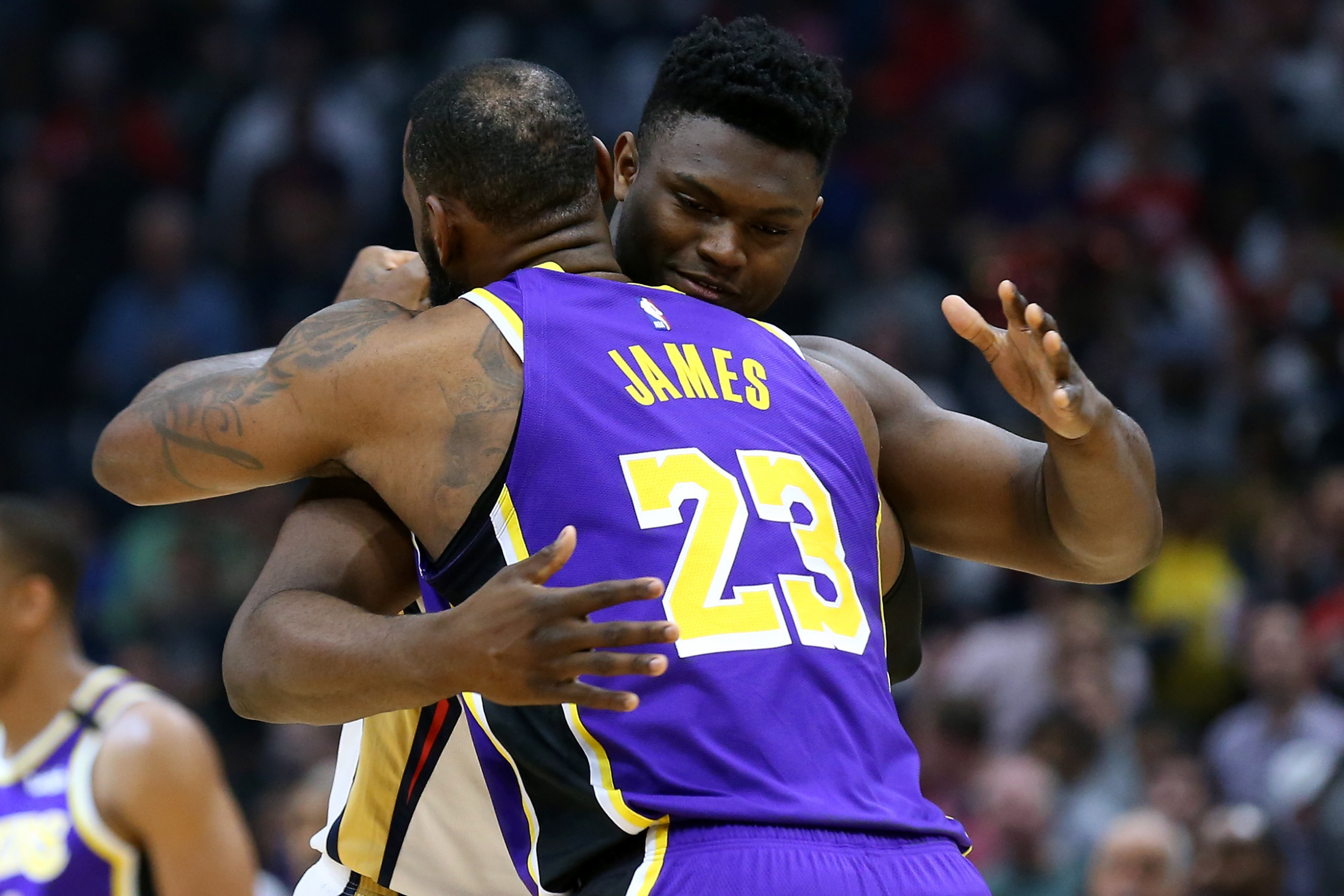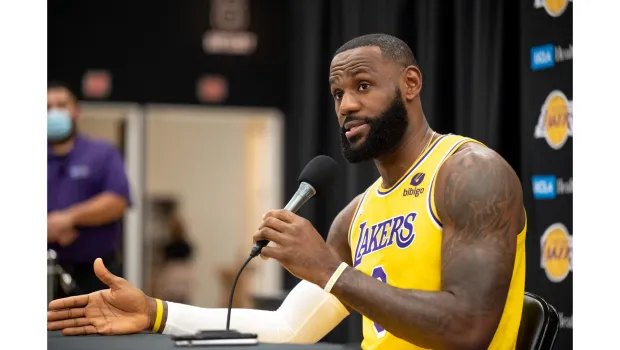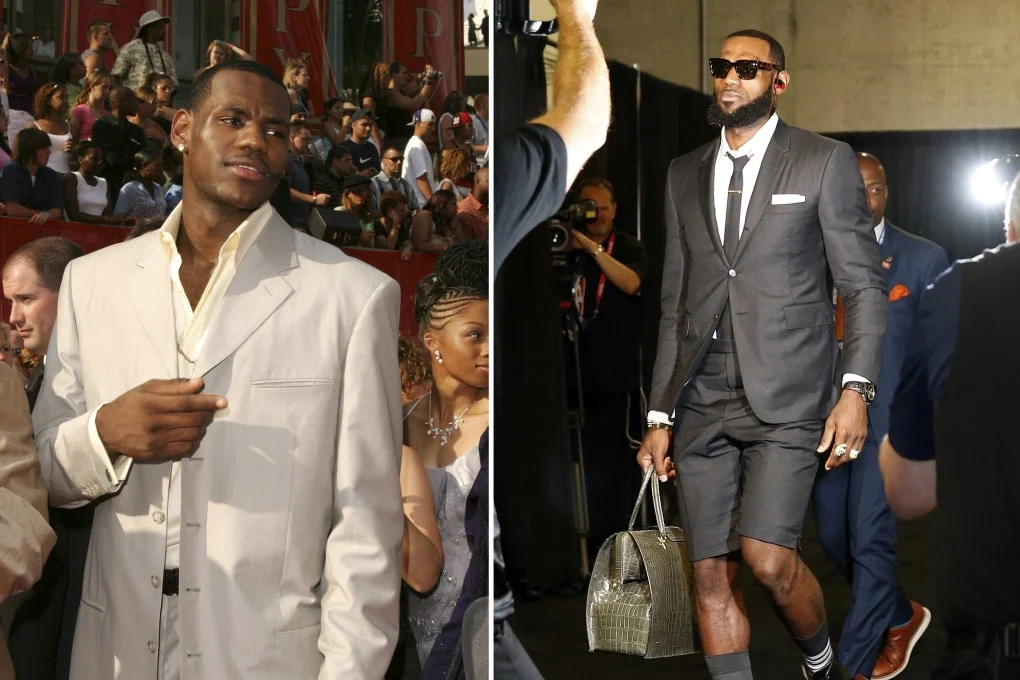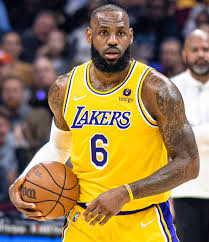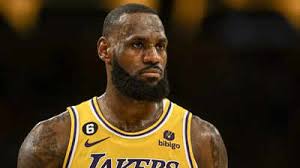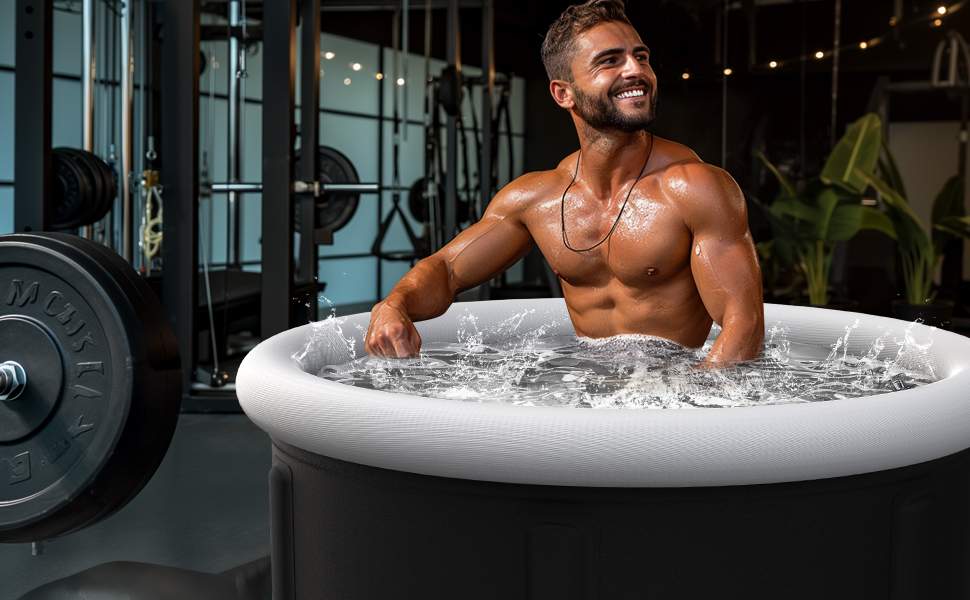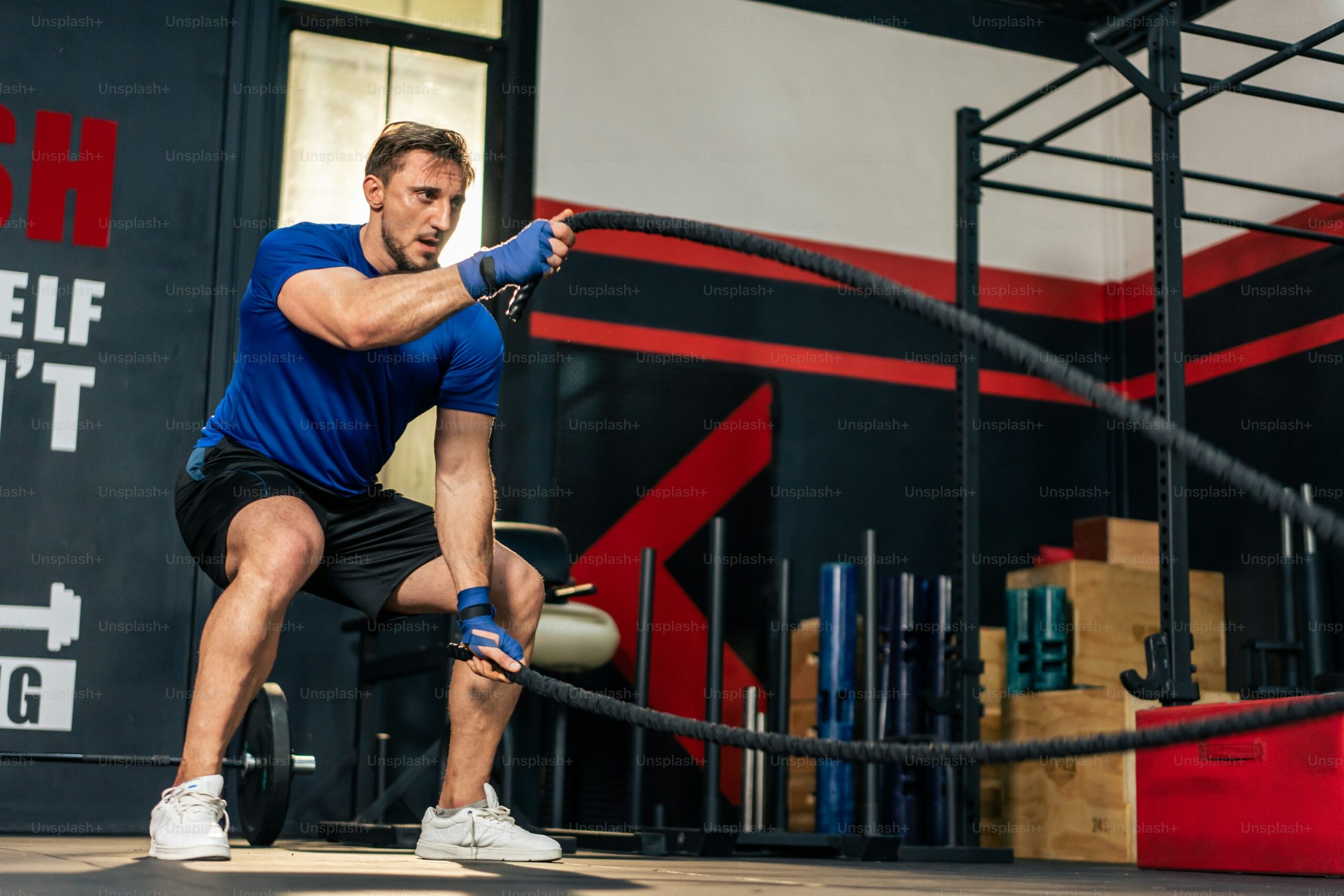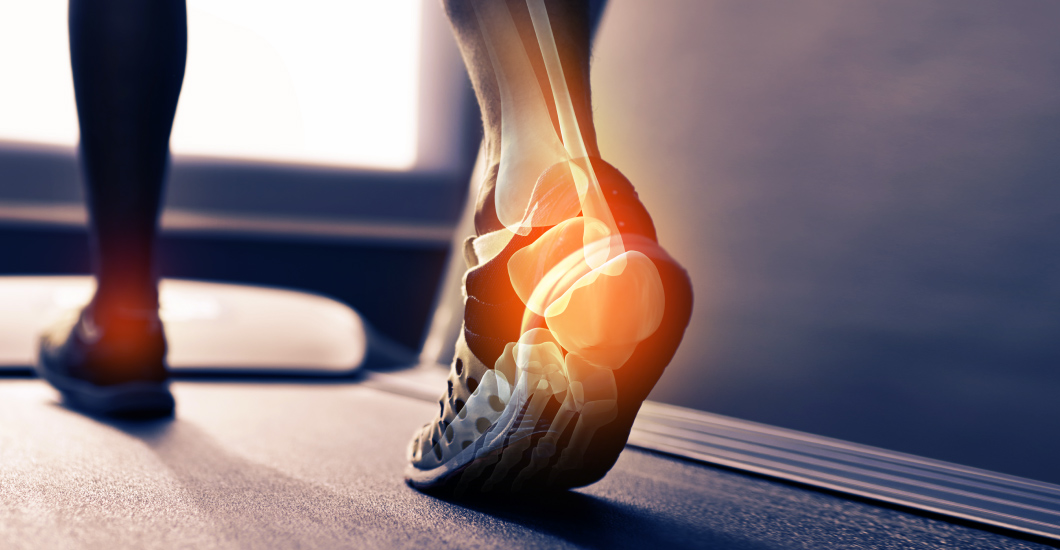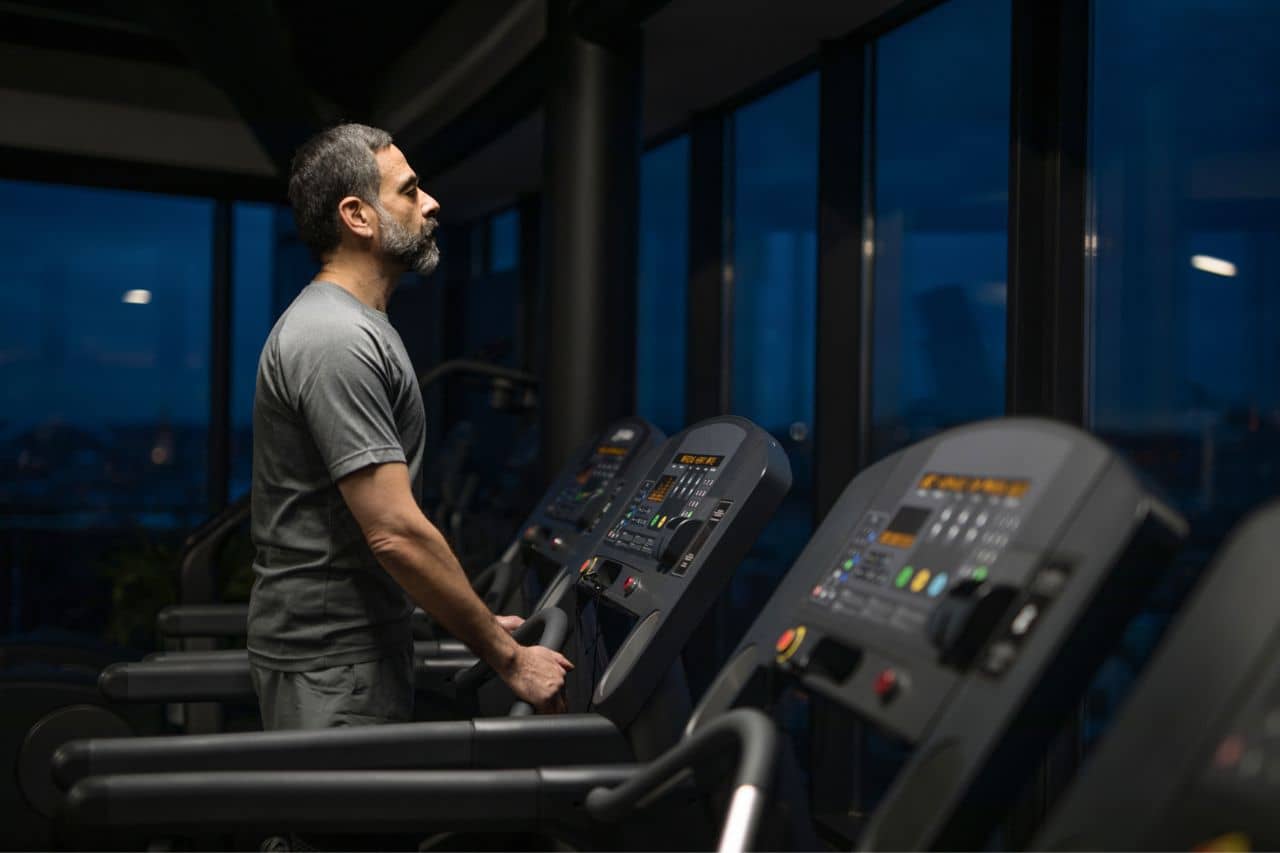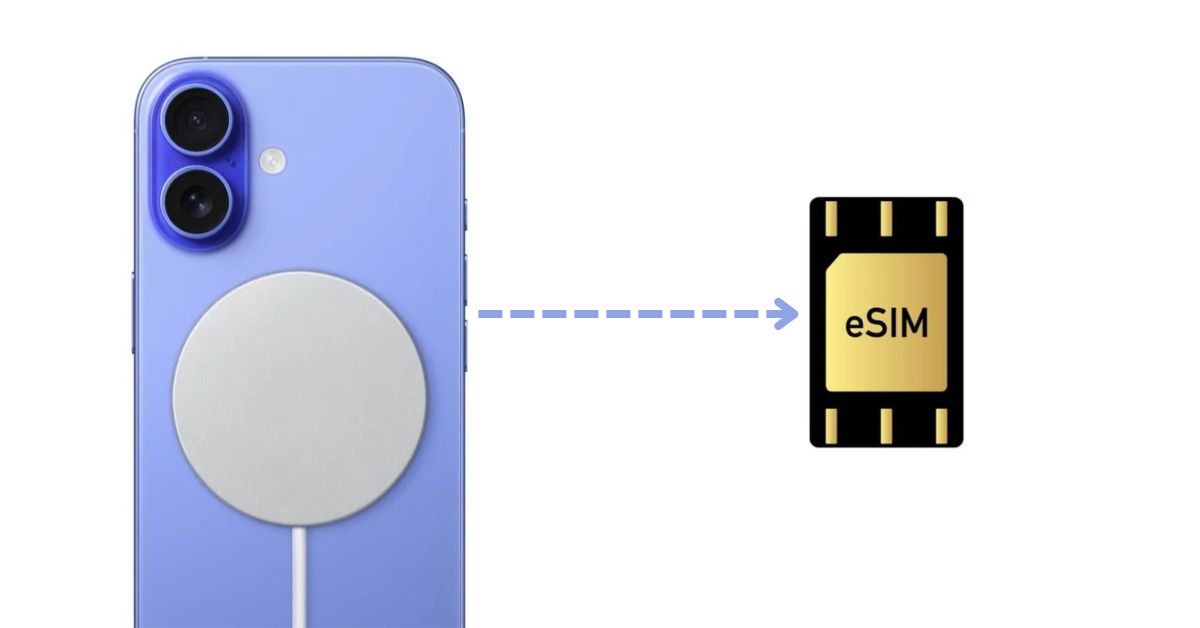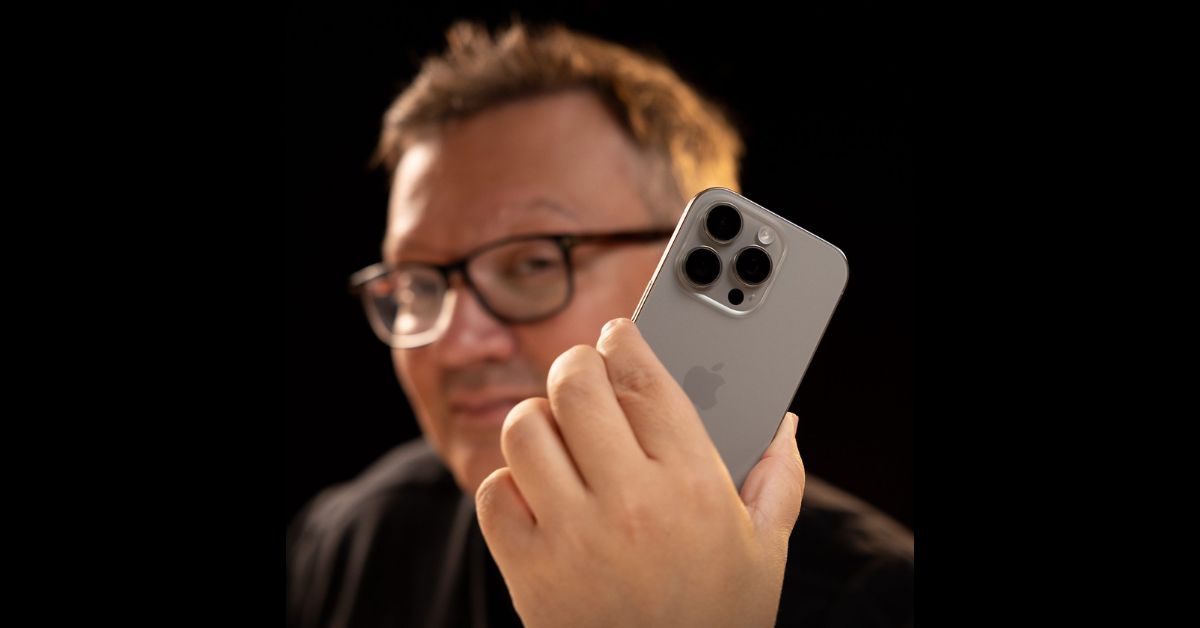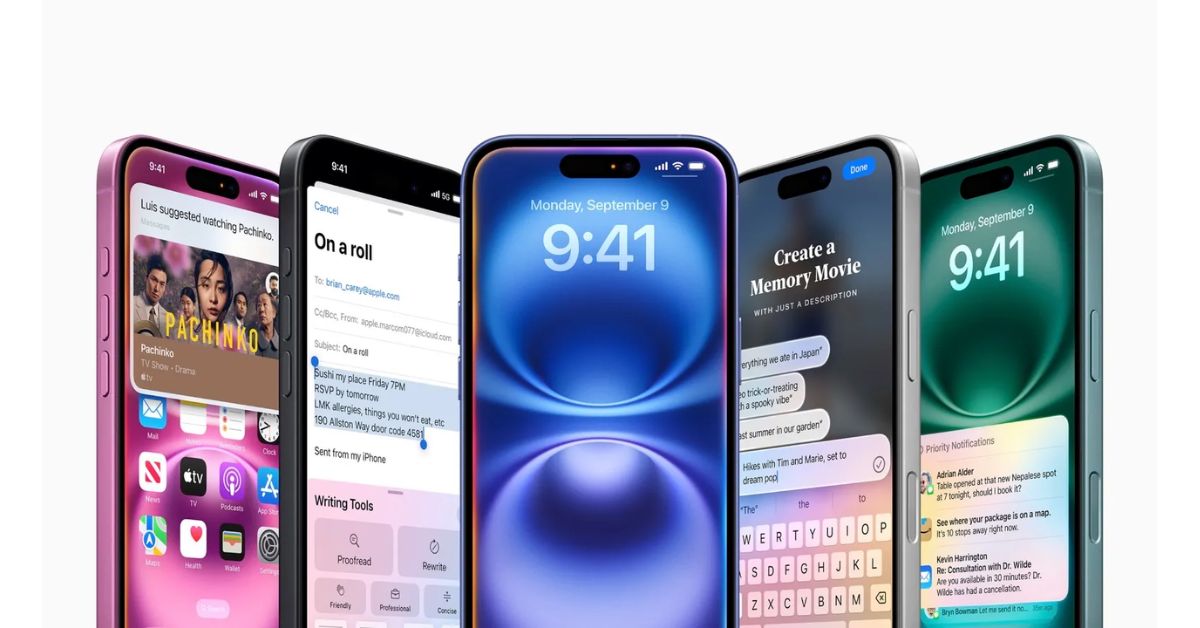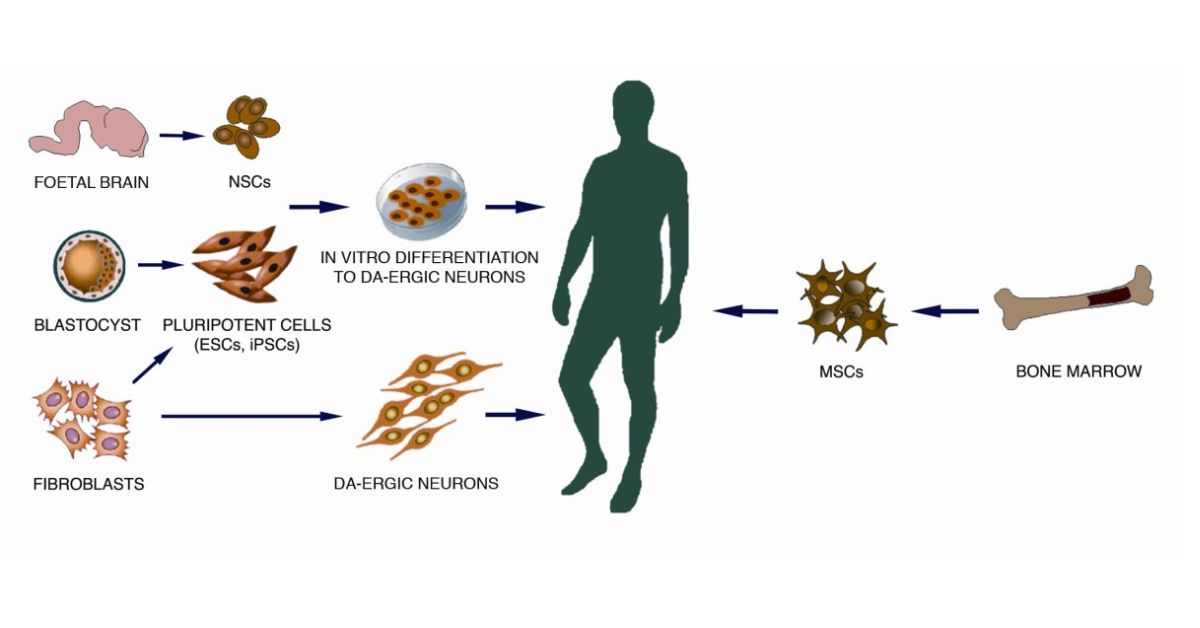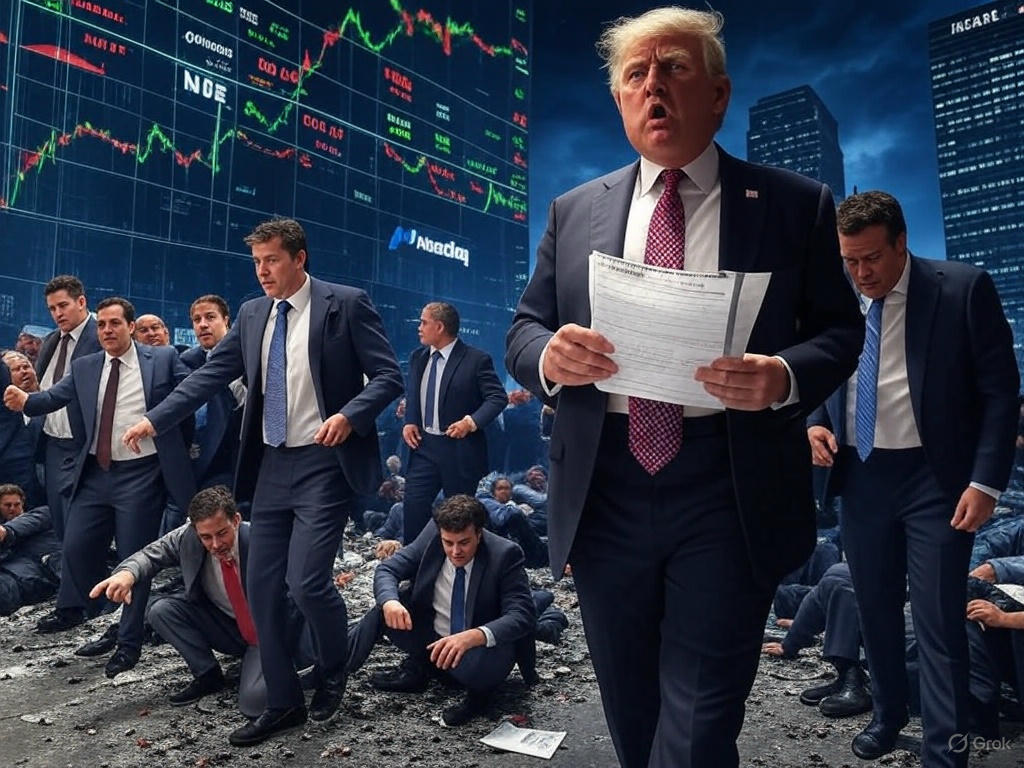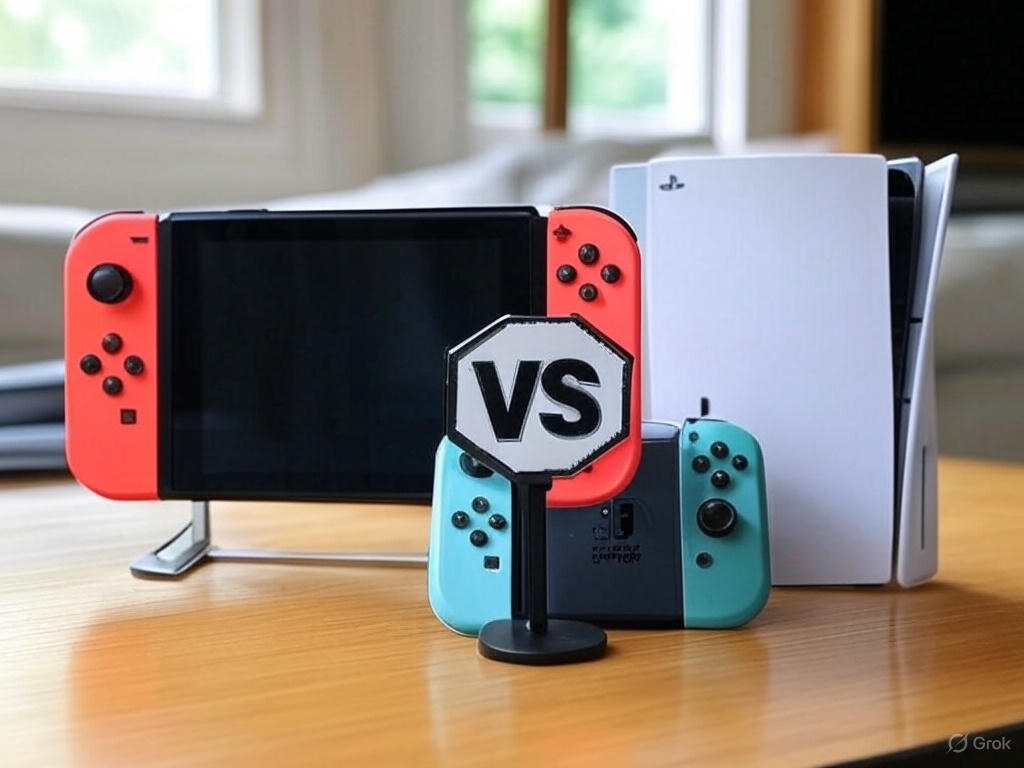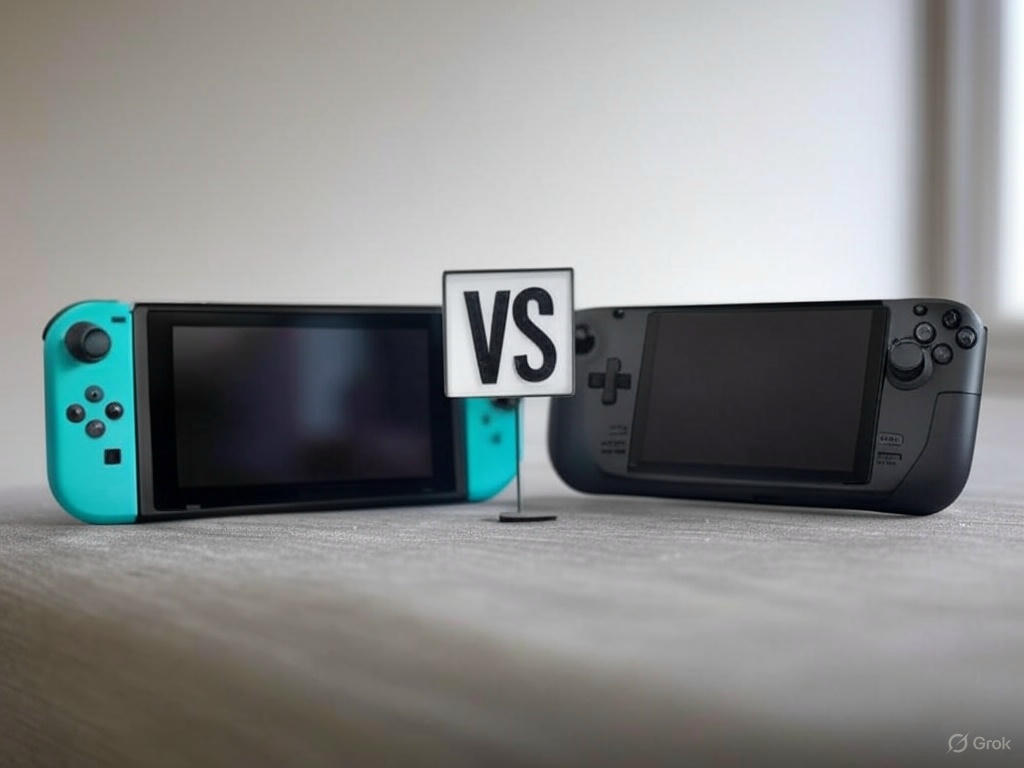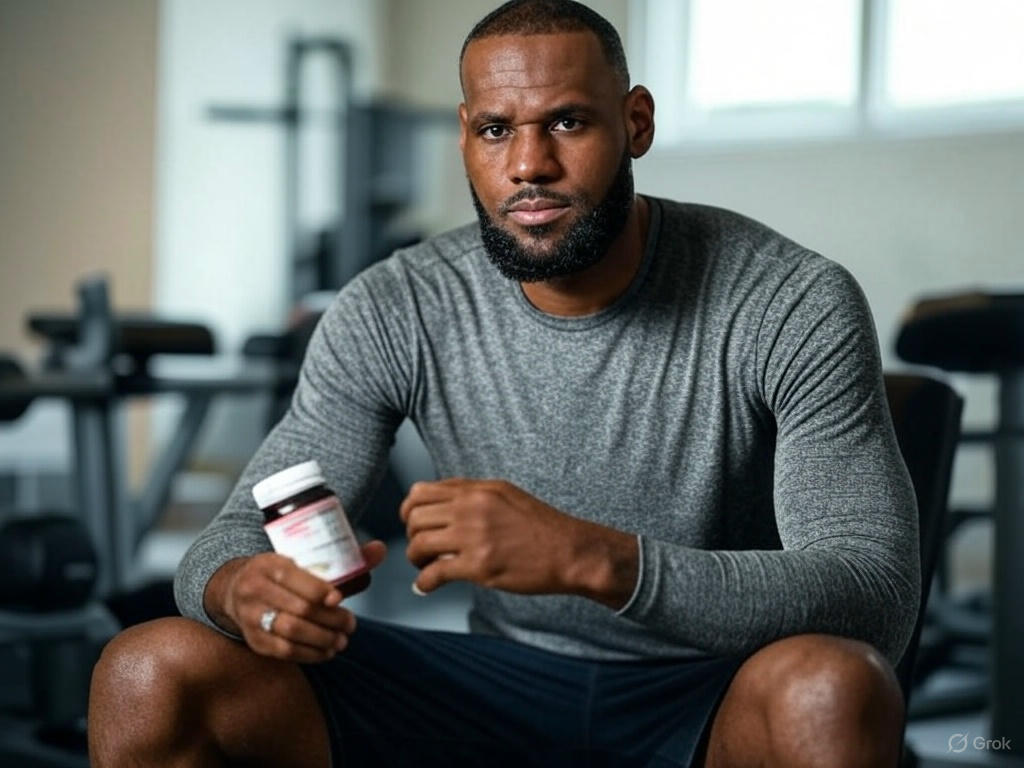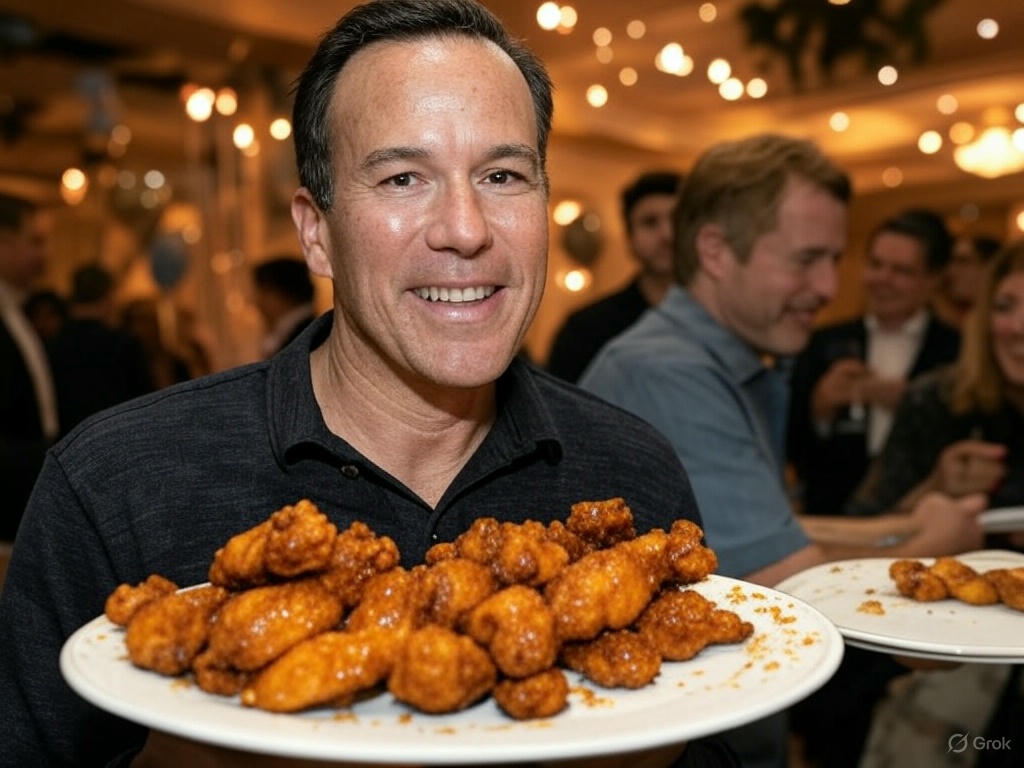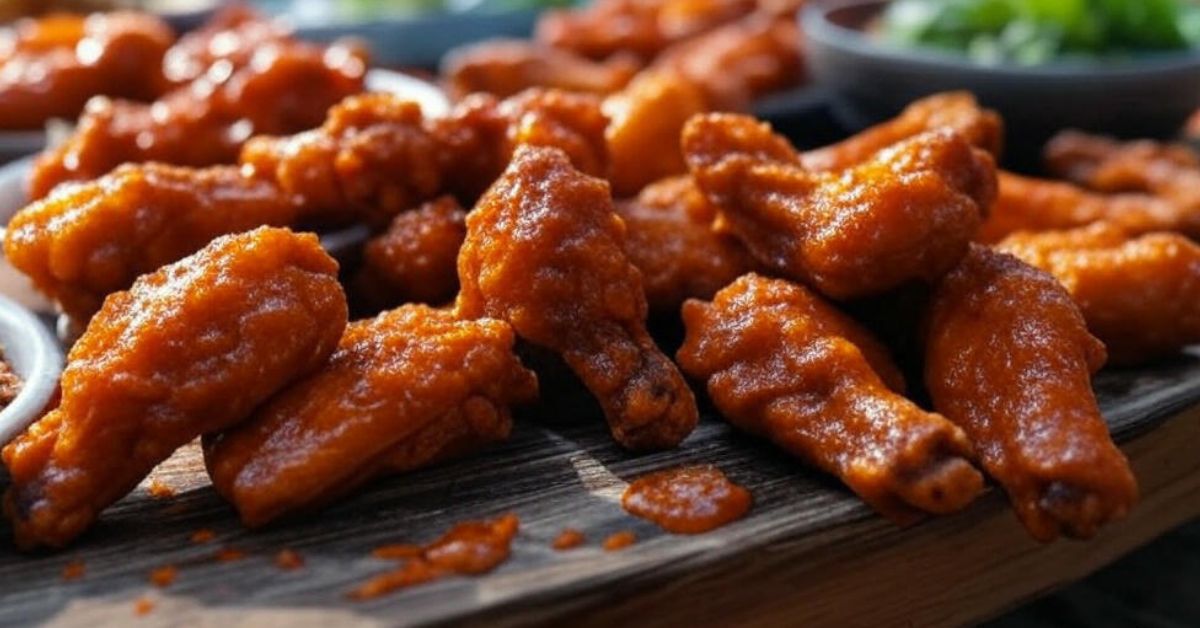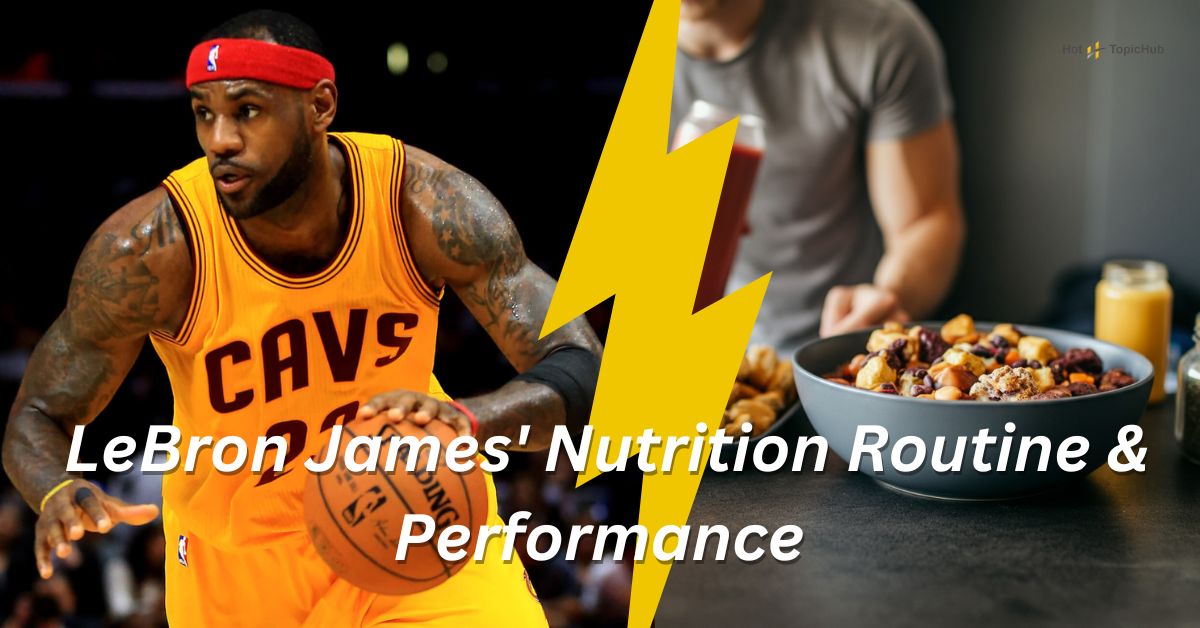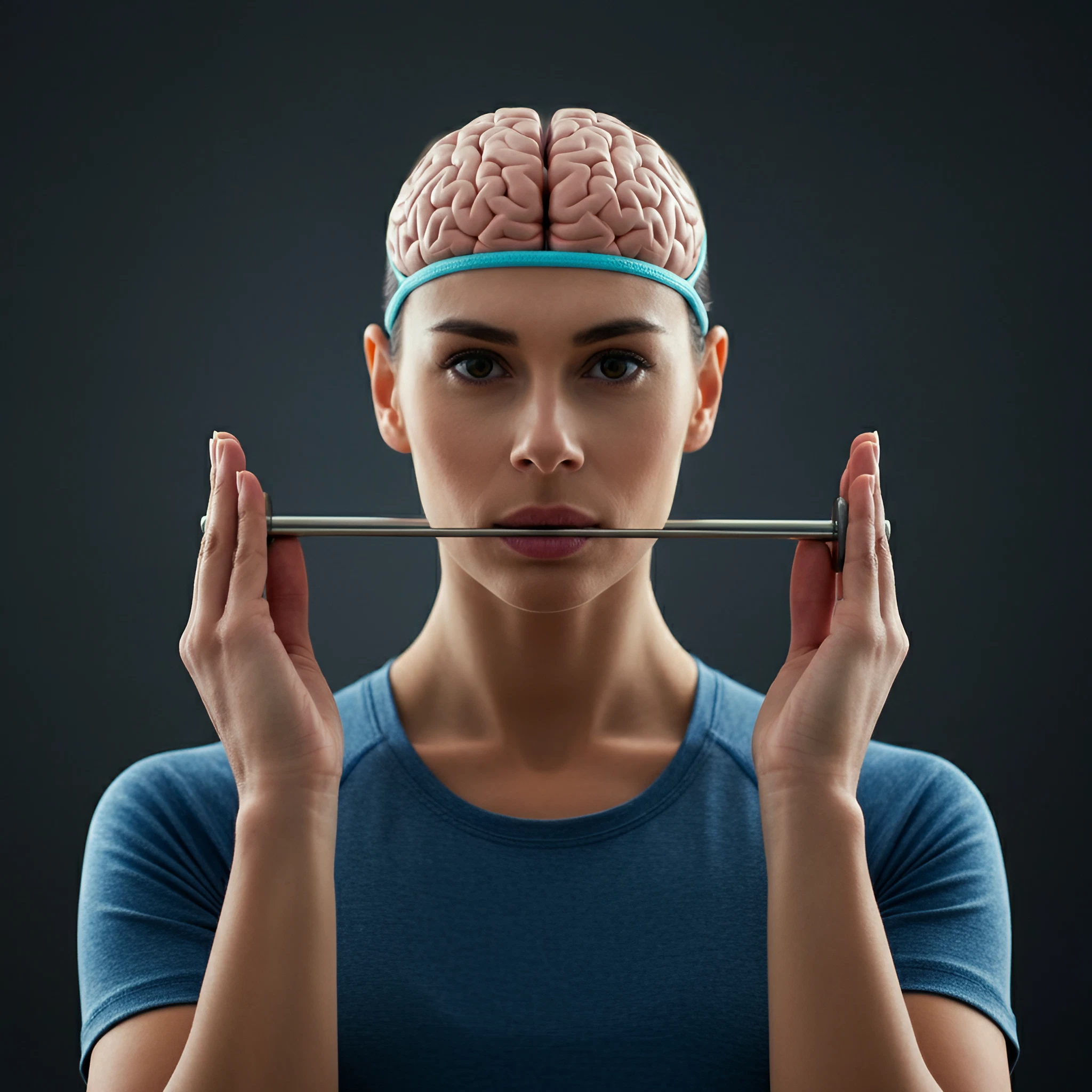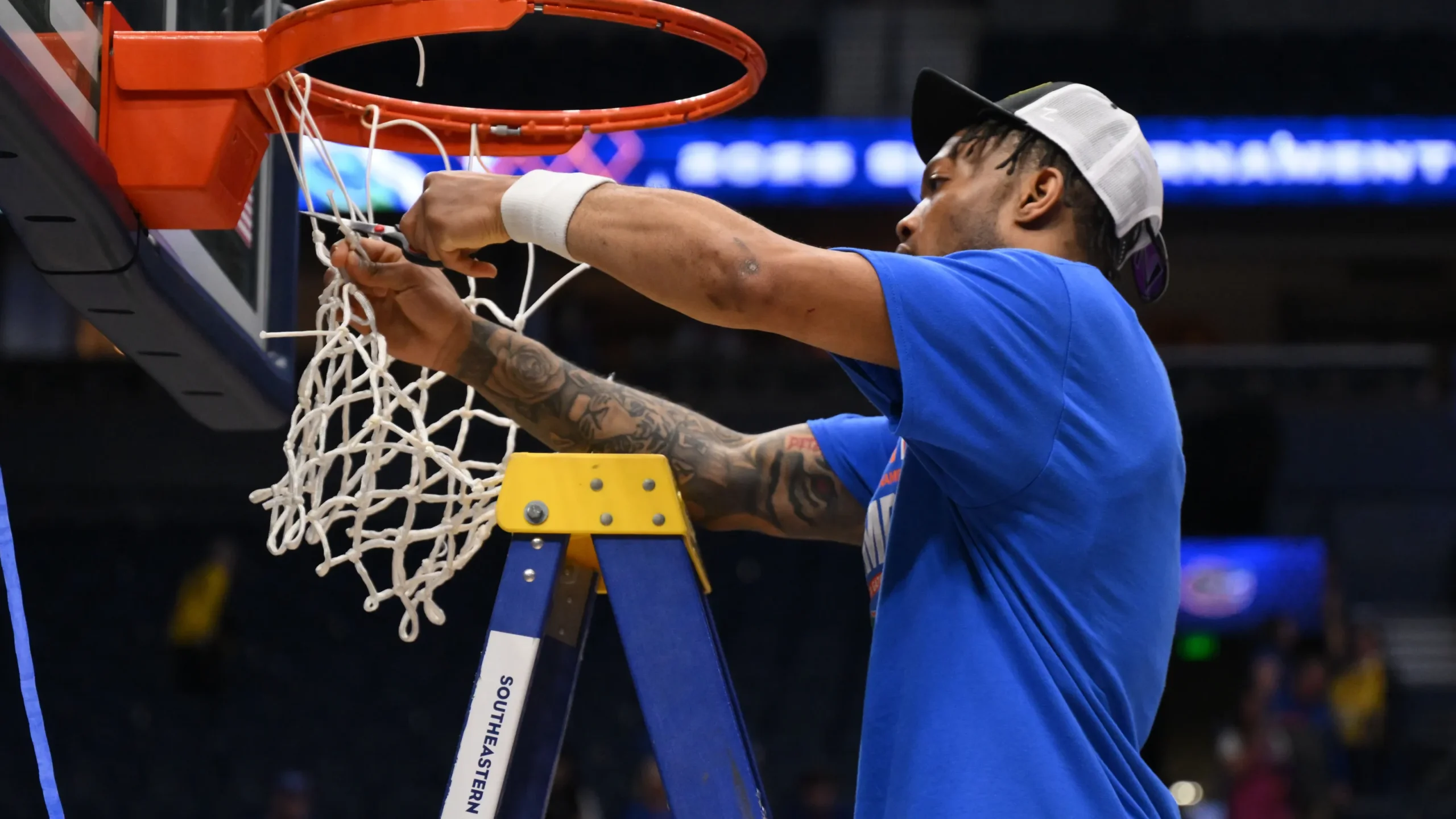LeBron James is more than just a basketball legend; he’s a living testament to what dedication, hard work, and smart nutrition can achieve. At nearly 40 years old, he continues to dominate the NBA, outperforming athletes half his age in endurance, strength, and skill. But talent and training alone don’t explain his illustrious career. One of the keys to his extended peak performance is his meticulous nutrition approach.
This article explores LeBron James’ nutrition routine, detailing the role it plays in his performance, endurance, recovery, and longevity. We’ll also share tips on how you can adapt his principles to your own fitness goals.
Why Nutrition Matters for an Elite Athlete Like LeBron James
The Role of Diet in Athletic Performance
Athletes like LeBron James put their bodies through extreme physical challenges. A well-balanced diet fuels performance, supports recovery, and ensures the body has the energy required to function optimally. Without proper nutrition, even the most gifted athletes would struggle to perform.
How Nutrition Affects Endurance, Strength, and Recovery
- Endurance: Carbohydrates provide the energy LeBron needs to maintain his stamina for long games and grueling training sessions.
- Strength: Protein plays a pivotal role in building and repairing muscle tissue, ensuring LeBron maintains his impressive physique.
- Recovery: Proper nutrition helps reduce inflammation, repair muscles, and replenish glycogen stores, allowing him to bounce back quickly.
The Impact of Proper Nutrition on Longevity in Sports
LeBron’s commitment to nutrition is crucial in prolonging his career. While many athletes decline physically in their 30s, LeBron continues to rank among the league’s best. Proper fuel has helped him prevent injuries and maintain peak physical condition.
LeBron James’ Daily Nutrition Routine

LeBron’s Breakfast – Starting the Day Right
LeBron kicks off his day with a nutrient-dense breakfast. Think egg whites, smoked salmon, or even an omelet packed with vegetables. He pairs this with fresh fruit, particularly berries, which provide antioxidants that combat oxidative stress. A high-protein, low-carb breakfast ensures he starts his day with sustained energy without sugar crashes.
Why it works: Breakfast fuels his morning training sessions, providing the energy and focus needed for performance.
LeBron’s Pre-Workout Meals – Energy for Performance
Before practices or games, LeBron ensures his body is adequately prepped. His go-to pre-workout meals often include foods rich in carbohydrates, such as whole-grain pasta or quinoa, paired with lean protein sources like grilled chicken or fish.
Why it works: Carbohydrates provide quick, easily accessible energy, while protein primes his muscles for the work ahead.
LeBron’s Post-Workout Recovery Nutrition
After training, LeBron prioritizes recovery. He consumes protein shakes, lean meats, or fish like salmon to support muscle repair. Hydration is key, so he drinks plenty of water paired with electrolytes.
Why it works: Post-workout meals replenish lost nutrients, help repair muscles, and prepare his body for the next challenge.
Lunch – A Balanced Midday Meal
For lunch, LeBron focuses on balance. His plate is often filled with lean proteins, complex carbs, and healthy fats. A typical meal might include roasted chicken, sweet potatoes, and a mixed salad with avocado.
Why it works: This mix provides sustained energy for the rest of the day and fuels his active lifestyle.
Dinner – Preparing for the Next Day
Dinner is all about recovery and preparing for the next day’s performance. LeBron opts for protein-heavy meals like steak, paired with a side of vegetables or quinoa, ensuring he gets the amino acids his muscles need to rebuild while keeping his digestive system light before bed.
Why it works: The right dinner helps him recover faster and maintain his strength for game days.
LeBron’s Hydration Strategy
Hydration is non-negotiable for LeBron. He drinks plenty of water throughout the day—at least a gallon—including fluids rich in electrolytes after strenuous activity. Electrolytes like potassium and sodium are crucial for maintaining muscle function and preventing cramps.
Why it matters: Hydration enhances physical performance by regulating body temperature, lubricating joints, and preventing fatigue.
LeBron’s Cheat Meals – Does He Ever Indulge?
Yes, even LeBron indulges occasionally! His favorite guilty pleasures include pizza and chicken wings. However, these indulgences are rare and typically balanced out with extra physical activity.
Why it works: Cheat meals allow him to satisfy cravings without derailing his overall health goals or performance.
The Science Behind LeBron’s Diet and Performance
Macronutrient Breakdown – Carbs, Proteins, and Fats
- Carbs fuel his high-intensity workouts and games.
- Proteins repair and build muscle tissue.
- Fats provide long-lasting energy and support overall health.
Micronutrients and Supplements – Essential for Recovery
LeBron also ensures he gets enough vitamins and minerals, focusing on calcium for bone health and magnesium for muscle function. Supplements like Omega-3s and multivitamins round out his diet.
Why it works: These nutrients enhance recovery and improve cognitive performance, which is essential for making split-second decisions on the court.
on the court or
Comparing LeBron to other players, his nutrition is a major factor in why he remains a dominant athlete while others of his age retire. It’s not just about being the best player today; it’s about staying at the top for as long as possible.
Proper nutrition ensures his body can handle the stress of playing 82+ games a season, year after year, while reducing injury risk and maintaining energy levels.
How You Can Apply LeBron’s Nutrition Principles in Your Own Life

You don’t have to be an NBA superstar to learn from LeBron’s nutrition routine. Here’s how you can adapt his principles to your life:
- Start your day with protein-rich meals to sustain energy levels.
- Incorporate complex carbs pre-workout for performance.
- Prioritize hydration with water and electrolyte-rich fluids.
- Include essential nutrients like magnesium and calcium for recovery and health.
- Allow yourself occasional cheat meals but keep them in balance.
By following these guidelines, you can fuel your body like an elite athlete and perform at your best on the court or in daily life.
Nutrition’s Key Role in LeBron’s Game
LeBron James’ unmatched career longevity and peak performance are not just the result of natural talent; they’re a testament to the power of smart nutrition. From fueling his workouts with balanced meals to maintaining hydration and indulging occasionally, his approach is a masterclass in how what you eat fuels what you achieve.
Start by making small changes today. Whether it’s adding more protein to your breakfast or drinking more water, every step can take you closer to performing your best.
FAQs
What does LeBron James eat daily?
LeBron typically eats a balanced diet rich in proteins, healthy fats, and complex carbs. He also includes plenty of fruits and vegetables.
What supplements does lebron james take?
Read this article to know about this- https://hottopichub.org/what-supplements-does-lebron-james-take/
How does LeBron James stay hydrated?
LeBron drinks at least a gallon of water daily, often paired with electrolytes to maintain muscle function and prevent fatigue.
Does LeBron James eat junk food?
Occasionally! LeBron enjoys cheat meals like pizza but keeps them infrequent to maintain his performance.
How can I follow a diet similar to LeBron’s?
Focus on balanced meals, stay hydrated, and prioritize proteins, complex carbs, and healthy fats. Pair it with regular exercise to maximize results.

Dominic O. McCoy is a passionate writer who loves crafting engaging and informative blogs on a wide range of topics. With a deep curiosity and a knack for storytelling, he explores everything from lifestyle and technology to business and home improvement. Whether breaking down complex ideas or sharing practical tips, McCoy aims to deliver valuable content that resonates with readers. When he’s not writing, he enjoys learning about new trends and expanding his knowledge to bring fresh perspectives to his work.


